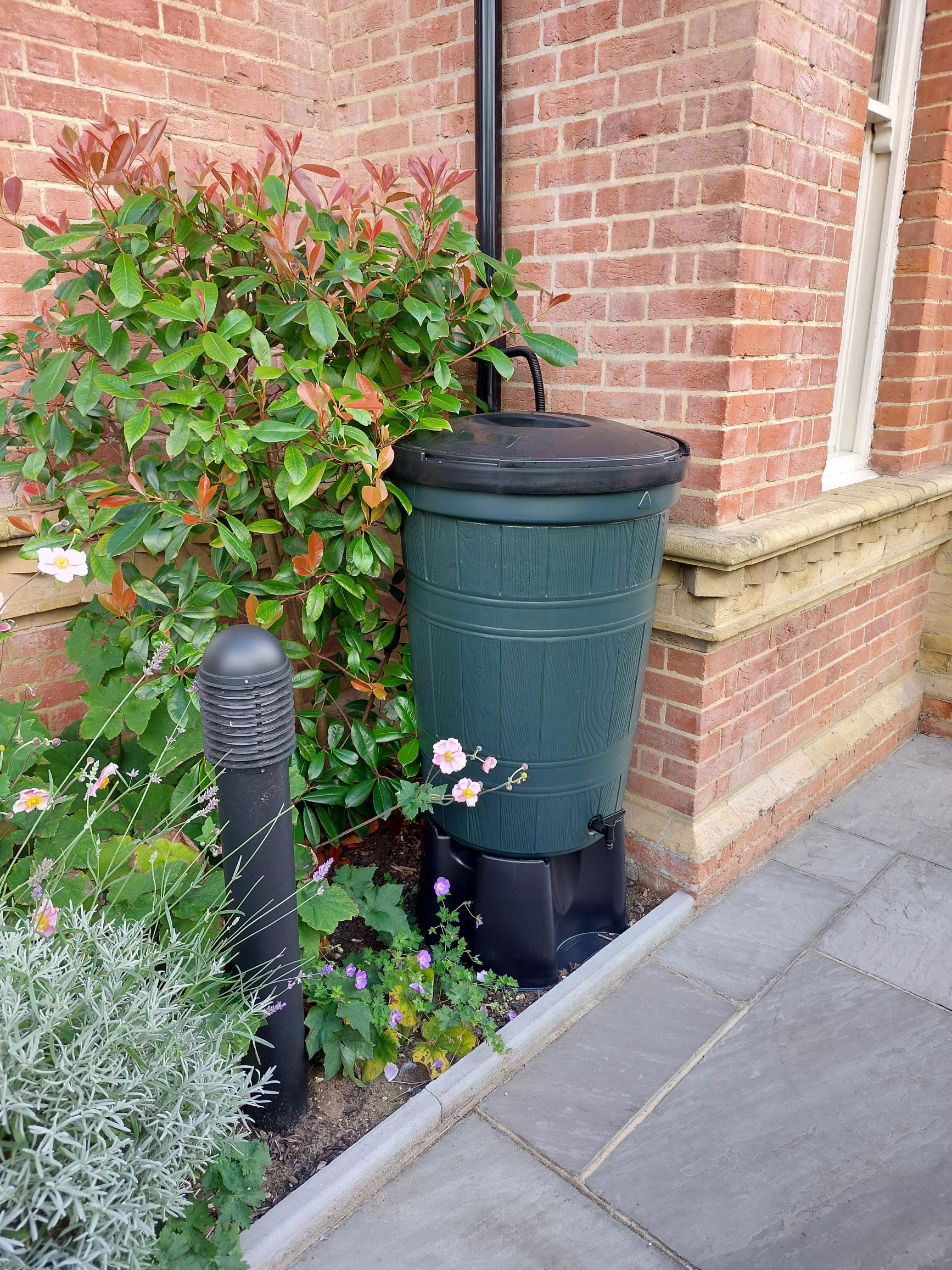
Pioneering solutions to storm overflows ‘will harness nature’ on Isle of Wight
Southern Water is boosting its commitment to drive down the use of storm overflows on the Isle of Wight by expanding its nature-based and engineering solutions.
Following investment of £5m in pilot schemes proven to help reduce and slow the flow of surface water and sewage spills, we are providing slow drain water butts to over a 1,000 more houses on the island.
And we are working to secure funding to scale the rollout of a range of other solutions too, including installing raingarden planters and other sustainable green drainage schemes to cope with rain run-off from hard surfaces like roads and roofs.
We will also be ‘replumbing’ sewers where old piping is no longer fit for purpose or has been connected wrongly to the network.
This step forward on the Isle of Wight is part of our journey to drastically cutting storm overflows across the Southern Water region by 2030.
It comes after a hugely successful pilot in Havenstreet, where we trialled the use of slow draining water butts. Two thirds of customers approached took up the offer of a free installation, resulting in a 70% reduction in spills from the nearby storm overflow site, by controlling the amount of surface water reaching the ground at any one time.
Our teams are now working in Cowes and Gurnard, and are looking to move into Fishbourne, Wotton, Yarmouth and Freshwater soon.
Storm overflows occur when the normal sewer levels rise due to surface and groundwater entering them – usually during or after a period of rainfall. The mechanism acts as a release valve, into the environment, so homes and communities are not flooded when pressure on the network builds. But we agree with our customers that they are not acceptable.
Lawrence Gosden, Southern Water CEO, said: “Reducing the use of storm overflows and their impact on water quality is a priority for me. If we are to significantly reduce their use, we need to get to the heart of the issue and reduce the amount of surface water entering the system.
“Following investment of £5m in our effective, catchment-based solutions, which have proven to help reduce and slow the flow of surface water and sewage spills by harnessing nature, we are providing the slow drain water butts to over a 1,000 more houses on the Isle of Wight and working to secure funding to scale the rollout of these solutions further.”
Isle of Wight MP Bob Seely has worked closely with Southern Water on the island’s trials so far, and said:
"Southern Water, along with other water firms, know that they need to raise their game. As a swimmer and an occasional sea swimmer, I share the anger at the pollution in our rivers and seas.
“A year ago, I approached Southern Water with the idea that they make the Island a leading example of national best practise to improve environmental standards. They agreed.
“As a result, tens of millions of pounds are going into a range of schemes; from improving big and small water treatment plants, to distributing slow-release water butts, which are proving surprisingly effective at slowing storm run-off.
"Change will not happen overnight, and we need to remember that the majority of pollutants come from agricultural run-off and not sewage from storm overflow, but there is going to be a sea change in the coming years in improving the quality of rivers and beaches - and the beneficial impact it will have on wildlife and humans.
"I am delighted that the Isle of Wight is at the forefront of the change - all part of getting a better deal for the Island. I am speaking with Southern Water every month to ensure that change will be delivered."
To find out more about all of Southern Water’s work on the Isle of Wight, visit the pathfinder page which contains details about the Sandown project.
